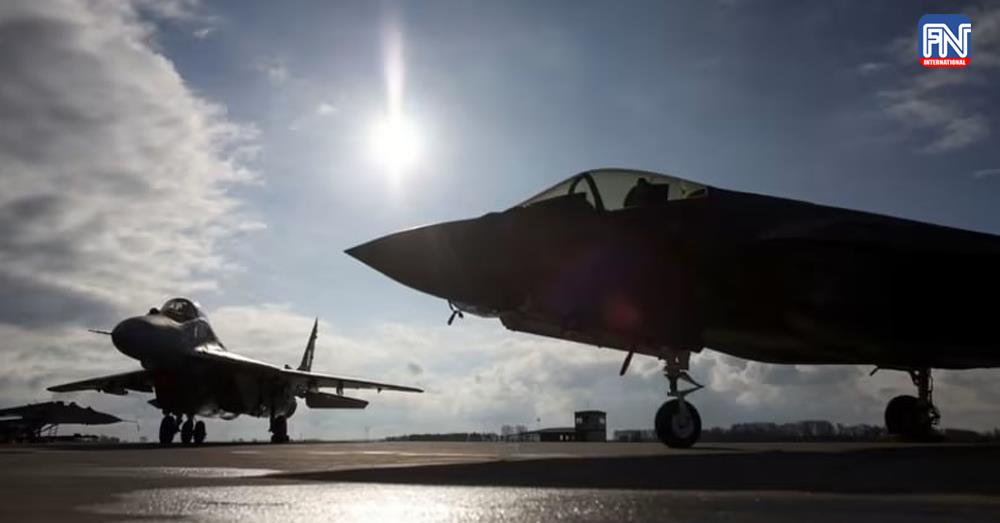KYIV, April 6 (Reuters) - Ukrainian President Volodymyr Zelenskyy said Poland would help form a coalition of Western powers to supply warplanes to Kyiv, as his fighters continued to defend their eastern bastion of Bakhmut in the face of relentless Russian assaults.
During a visit to Warsaw on Wednesday (Apr 5), Zelenskyy said Poland had been instrumental in getting Western allies to send battle tanks to Ukraine and he believed it could play the same role in a "planes coalition".
The Polish government said it would send 10 more MiG fighter jets on top of the four provided earlier, but so far there has been no agreement from the United States or Ukraine's other major military backers to send the F-16 fighters Kyiv has requested.
On the frontlines, Zelenskyy said Ukrainian troops faced a difficult situation in the battle for Bakhmut and the military would take "corresponding" decisions to protect them if they risked being encircled by Russian forces.
"We are in Bakhmut and the enemy does not control it," Zelenskyy said, refuting claims by Russian forces that they had captured the city, in ruins after months of attritional warfare and bombardment.
"For me, the most important is not to lose our soldiers and of course if there is a moment of even hotter events and the danger we could lose our personnel because of encirclement - of course the corresponding correct decisions will be taken by generals there," Zelenskyy said, apparently referring to withdrawal.
The battle for Bakhmut, one of the last urban centres yet to fall to Russia in eastern Donetsk province, has proven one of the bloodiest of Russia's invasion, now in its 14th month.
Ukrainian military commanders have stressed the importance of holding Bakhmut and other cities and inflicting losses on Russian troops before an anticipated counter-offensive against them in the coming weeks or months.
"Bakhmut is performing the key task of inflicting as many losses on Russia as possible and, most importantly, to prepare for a counter-attack to take place in late April to May," military analyst Pavel Narozhniy told NV Radio in Ukraine.
The U.S.-based Institute for the Study of War said mercenaries from Russia's Wagner private militia were likely to continue trying to consolidate control of the city centre and push westward through dense urban neighbourhoods.





